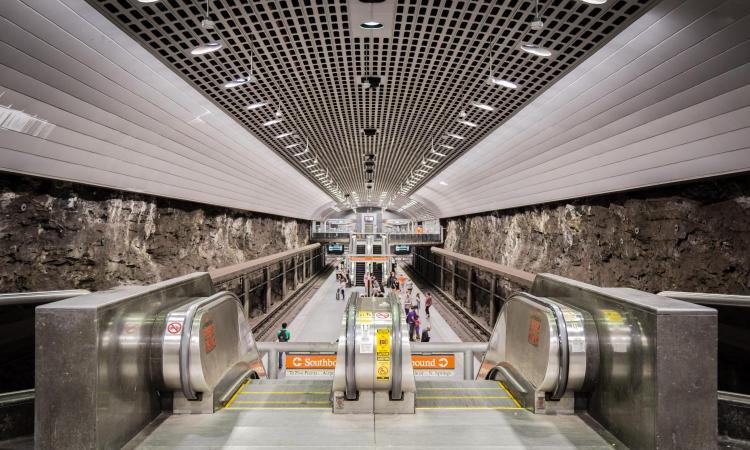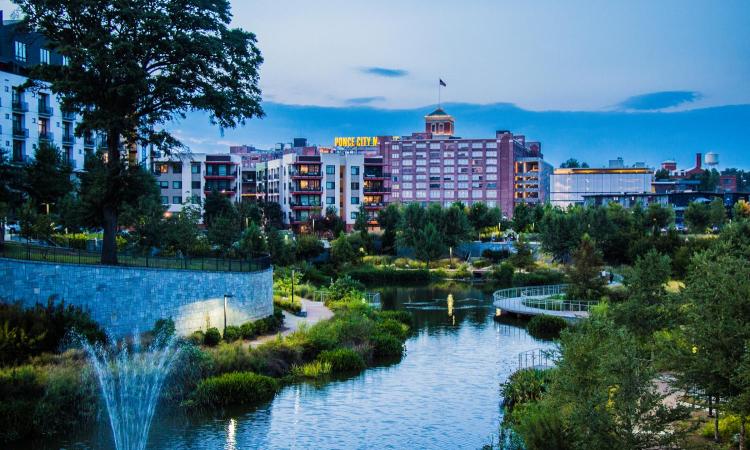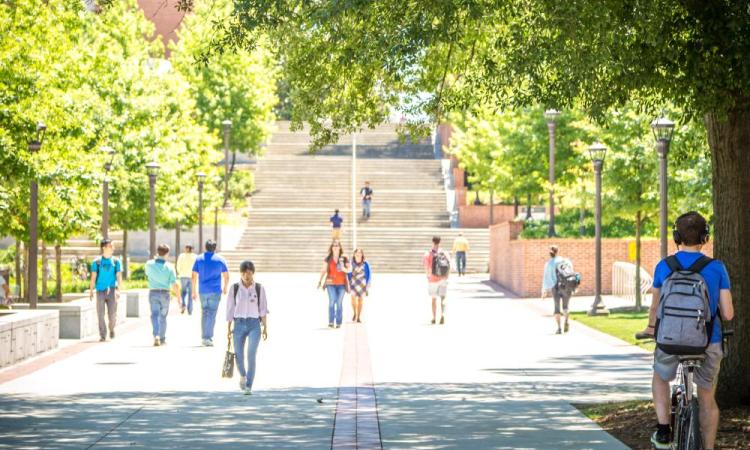The world faces significant challenges in the decades ahead: a growing population, changing climate, and inadequate infrastructure, to name a few.
However, the exciting and energizing reality is that many of the solutions to these and other global issues will come from the engineers who are today learning and working in the School of Civil and Environmental Engineering at Georgia Tech.
To answer the call of service from our global society, we’ve started to think differently about our work. We're shedding the traditional boundaries between disciplines, allowing us to consider new ideas, new collaborations, new sources of inspiration and new areas of inquiry.
We think of our contributions to society in four broad, cross-cutting research areas: Sustainable Systems, Resilient Infrastructure, Healthy Communities and Smart Cities.
This is where we’re working at the front lines of the world’s grand challenges, at the intersection of social and economic systems, the built environment, and our natural world. We're using a holistic approach to develop new knowledge, technology and innovations, and ultimately, to invent a future where our global society thrives.
Smart Cities
Civil and environmental engineers are working to harness the potential of new data with novel data-harvesting techniques while also creating new ways to process, analyze, visualize and use information.
Sustainable Systems
Researchers are imagining how we can approach infrastructure issues and create communities that grow responsibly while meeting the needs of the people who live in them.
Resilient Infrastructure
The world faces escalating economic and human devastation from all types of disasters, but our researchers are focused on key questions that will help communities become more resilient to disaster.
Healthy Communities
Our researchers are working to engineer solutions to the challenges facing a growing global community to ensure we live in a future where all people can thrive.




